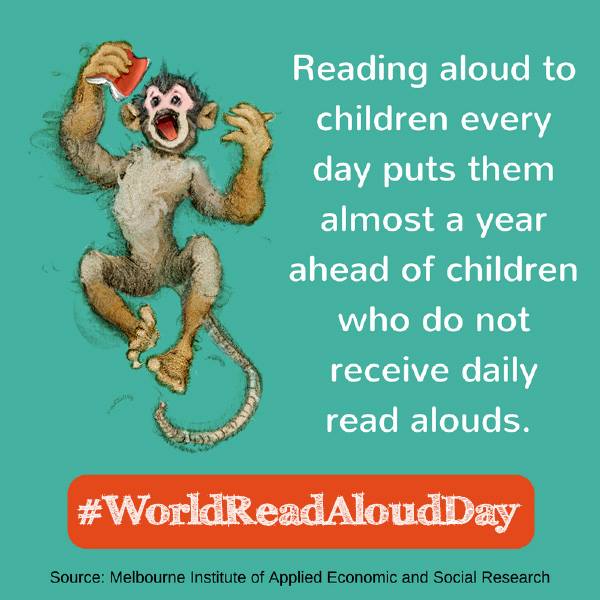I have been sitting here staring at my computer screen and trying to figure out how to write this post. The #Road2Reading Challenge is more than recommending good books for young readers in grades Kinder to Third. For me, it is also the place where I try to figure out the best approaches to teaching reading to young, developing readers. Right now, I am feeling reflective. I have been struggling. I see too many students falling through the cracks and not really developing into readers. I see many teachers who don't have confidence in their ability to teach children to read. I see too many well intentioned school administrators purchasing programs to try to fix the problem without realizing that they are heading down the wrong path.
I think back to my first few years as a teacher. Though I was still trying to balance out what I had learned in college with what was happening in my classroom, my natural instincts were solid. Despite working with a student population that arrived at school faced with a mountain of challenges, they made progress with reading. What I learned then has proven to be the right thing over and over again.
Here are five essentials in creating a rich reading environment and a community of enthusiastic readers.
Read Alouds
Starting with the first day of school, teachers need to read aloud daily with their students. It doesn't matter if the students are in kindergarten or high school. Reading aloud and sharing books is essential. Honestly, thoughtful selection of books and communicating your own love of reading through read alouds will do more for building enthusiastic readers than any other practice.
Classroom Libraries
Students need access to a variety of engaging books on all kinds of topics. Whether you take out books from the public library regularly to share with students or purchase books through Scholastic Book Clubs or pick up books at yard sales, investing and curating a classroom library is a must. Provide students time to browse through books and involve them in setting up and organizing the library. The more invested they are in the library the more likely they are to use it and to help maintain it.
Relationships
As with so much of education, relationships make a huge difference in the life of readers. If you are part of a book club or a community of readers like Nerdy Book Club, you know that relationships have made a personal difference in your own reading life. Listening to others talk about a favorite book or getting to share a book I loved with others who share my passion is energizing. When I have read a book that I thought a student would love and then shared it with them, telling them that I thought they would love the book, the smile on their face is worth so much. However, when they have finished the book, and come back asking what other books you have for them, well, the feeling is priceless.
Observation
Observing student readers as they read is part of the hard work of teaching children to read. How does a student approach a book or text? Do they listen to themselves read and make corrections? Do they have a sense of rhythm? Do they understand that they are supposed to remember what they read or do they just read in a mechanical manner? The more I observe students read the more I understand how children learn to read.
Conferring
So often I hear teachers say that they need a test or something formal to know if a student has read a book or comprehended a story. However, I disagree. I have learned more from the times that I have just talked with students about what they are reading or when I asked them to tell me about their book. Yes, it takes time to have those discussions and to also help children to learn to talk about what they read, but it is very worth it.
Over the next few weeks, I am going to look at each of these five essentials in more depth. I am also interested in hearing from you what you think has made a difference for your students and particularly helped students who struggle to make sense of the reading process.
All journeys have a starting place.
This is a weekly place to find books and tools
that you may use with readers at the start of their reading journey.
Join in the conversation at #road2reading.
Do you work with readers who are starting their journey on the road to reading? Join Michele Knott from Mrs. Knott's Book Nook and myself every Thursday as we explore books and ideas to help readers have a successful start to independent picture book and chapter book reading. If you blog or have a Goodreads page, please link up with us!


